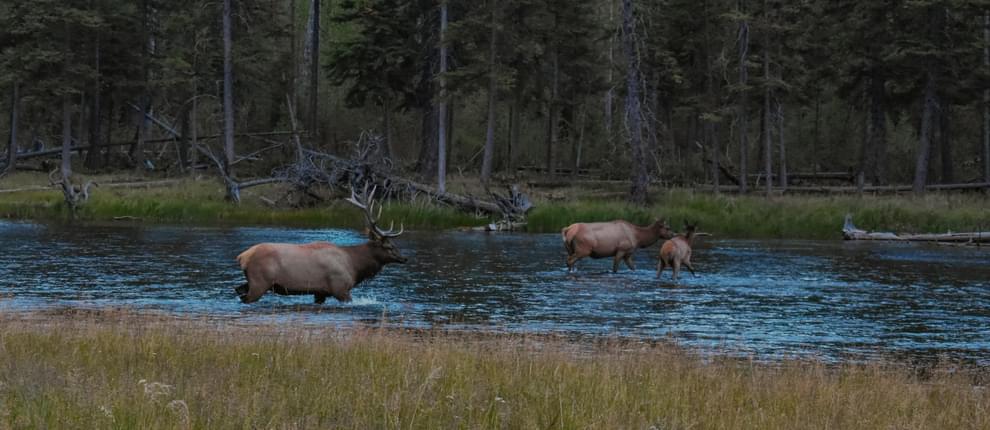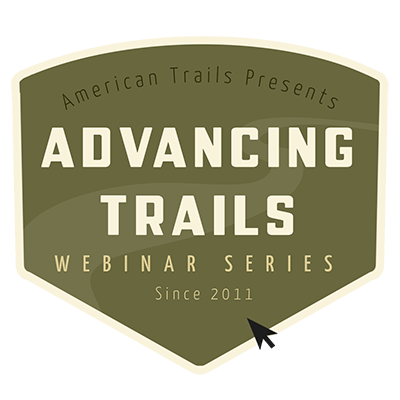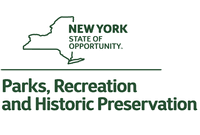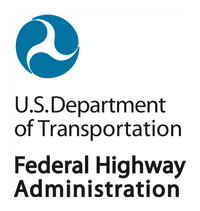




Subscribe to our mailing list for notifications on our latest trainings.

Sponsored by NY State Office of Parks, Recreation, and Historic Preservation. This presentation will focus on minimizing the negative effects on wildlife in a recreational setting.
Presented by:
** This event has passed **
July 01, 2021
10:00 AM to 11:00 AM (Pacific Time) {more time zones}
Cost (RECORDING):
FREE for membersNote:
Closed Captioning is available for this webinar.
Learning Credits are available for this webinar.
This webinar is free. Would you consider a donation to support this webinar?
This webinar is free to the public, thanks to a generous sponsorship from New York State Office of Parks, Recreation, and Historic Preservation, the Recreational Trails Program (RTP), and the Federal Highway Administration.


Metro, the regional government in Portland, Oregon owns around 18,000 acres of natural areas, mostly in large habitat patches around the edges of the urban region. Several years ago, based on public feedback, Metro considered adding mountain biking and equestrian trails in addition to the usual hiking trails. We needed information about the differential effects of hikers, mountain bikers and equestrians to provide a great visitor’s experience while minimizing negative effects on wildlife. The presenter surveyed the scientific literature pertaining to the effects of hikers, mountain bikers, and horse riders on trails, habitat, and wildlife to help inform the work of Metro’s parks and trails planners. This presentation will focus on minimizing the negative effects on wildlife in a recreational setting.
The presenter summarized information on wildlife “fright distances” to determine which types of animals may be most vulnerable to human disturbance in various recreational settings. The preponderance of the evidence suggests that effects on wildlife differ by recreational user group. Typically, wildlife were least frightened around horse riders, more frightened by hikers, and even more so by faster-moving mountain bikers and joggers. Dogs, which are descended from wolves and look and smell like predators to wildlife, proved most disturbing of all, and worse when dogs were off-leash.
Trails planners can selectively use fright distances to reduce negative effects in different settings and for difference species or species groups. For example, migrating ducks are more disturbance-sensitive than resident ducks. When building a trail near a wetland supporting migratory ducks, a trail planner may want to place the trail further from the wetland compared to the distance needed for non-migratory waterfowl.
The presenter had created this white paper on the subject: https://www.oregonmetro.gov/recreation-ecology-literature-review. Turn to pages 91 and 92 for fright distances associated with wildlife under various scenarios of human disturbance.
Following the presentations, the panelists will respond to questions from webinar participants.

This webinar qualifies as a Health, Safety, and Welfare (HSW) course (via LA CES).
Lori Hennings, Senior Natural Resource Scientist, Oregon Metro Regional Government
Portland, OR

Lori Hennings is a senior natural resource scientist for Metro, the regional government in the Portland, Oregon area. For the past 20 years she has helped plan and care for the 17,000+ acres of natural areas Metro tends on behalf of the public. She has a strong interest in integrating conservation across spatial scales. Lori helps coordinate two large work groups, the Oak Prairie Work Group and the Regional Habitat Connectivity Work Group, and keeps abreast of the scientific literature to inform Metro’s work. She received a M.Sc. in Wildlife Science/Forest Science from OSU, and a B.Sc. in Biology from Portland State University.
We are offering closed captioning for our webinars, thanks to a partnership with VZP Digital. If you are in need of this service, please email us prior to the webinar. An unedited transcript will be sent to all attendees following the webinar.
American Trails is proud to be a certified provider of the following learning credits and continuing education opportunities:
Learning credits are free for attendees for American Trails webinars and the International Trails Symposium, as well as for other conferences, webinars, and workshops we offer credits for. Learn more here.
While we may individually agree (or disagree) in whole or in part with any or all of the participants, the views expressed in these webinars are not necessarily representative of the views of American Trails as an organization or its board and staff. Unless specific situations are noted by presenters, nothing in American Trails webinars should be considered to be interpreted as a standard.
By registering for our webinars, you submit your information to the webinar organizer and associated presenters and sponsors, who may use it to communicate with you regarding this event and their other services. Your organization may also be added to the American Trails Business Directory. You can easily cancel your registration at any time.
3,230 views • posted 05/25/2021
